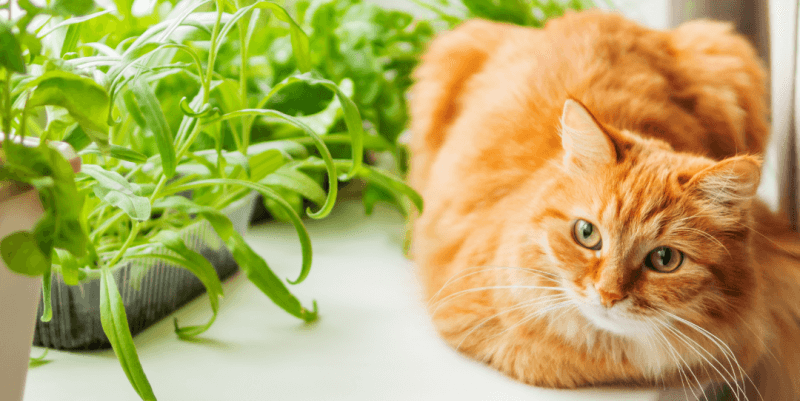Cats are instinctively inclined to feed on herbs to self-medicate, regulate and improve their digestive health. But we must be very careful as some plants can be harmful or even lethal.
Symptoms of poisoning can be stronger or weaker depending on the amount taken in by the cat; common symptoms include:
- Profuse salivation
- Foaming salivation
- Vomiting
- Diarrhea
- Convulsions
- Paralysis
- Respiratory problems
- Cardiac arrhythmias
But what plants are harmful to the cat?
We have collected a list of the most common toxic plants:
- Aloe
- Agave
- Anthurium
- Calla
- Crocus vernus
- Cyclamen
- Dieffenbachia
- Common ivy
- Cool
- Fern
- Hyacinth
- Lilies
- Lilacs
- Monstera deliciosa
- Lily of the Valley
- Narcissus Narcissus
- Ricinus ricinus
- Rhododendron
- Hydrangea
- Oleander
- Orchids
- Christmas star
- Spathiphyllum
We point out that there are safe alternatives and “good plants” that cats can become familiar with and willingly eat, which provide fiber and nutrients useful for digestion; here are some examples:
- Agropiro intermediate
- Avena Arrhenatherum sp.
- Camedrio maro
- Chlorophytum comosum
- Carrot Daucus
- Lemongrass
- Catnip
- Dypsis lutescens areca palm
- Parsley Petroselinum hortense
- Thyme Thymus vulgaris
- Valerian
In conclusion, our advice is to pay attention to your small feline, and if you think he or she has eaten a poisonous plant, we suggest you contact your veterinarian or the nearest emergency room.



